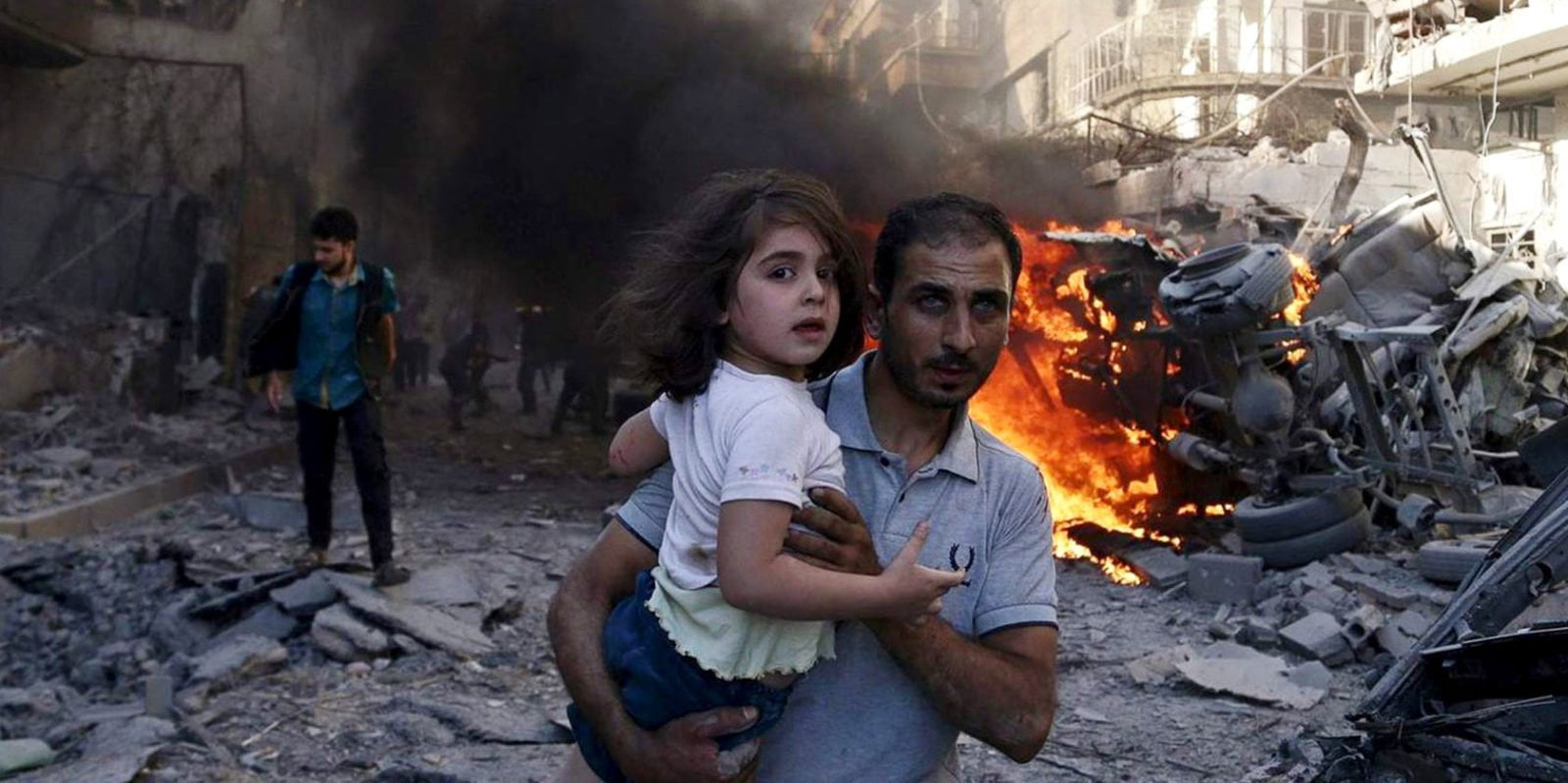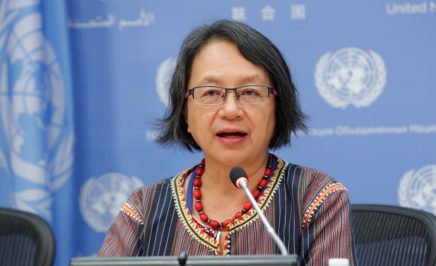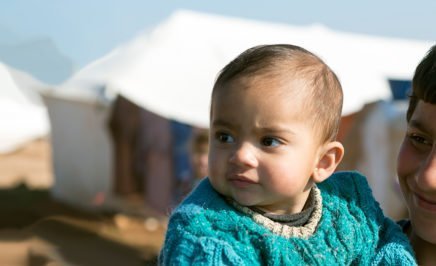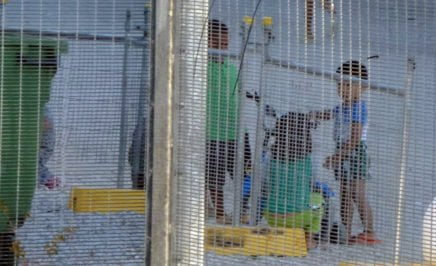Graham Thom, Amnesty International Australia’s Refugee Coordinator, recently spent a week in Geneva for the two most important meetings on the refugee campaign calendar.
Here, Graham reveals five things that stood out to him during this trip.
1. Syrian refugees are most in need of resettlement while solutions for the Rohingya remain distant
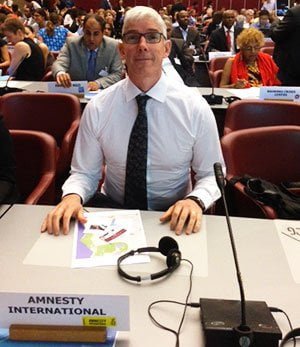
Issues relating to both Syrian and Rohingya refugees featured heavily at this year’s Annual Tripartite Consultations on Resettlement (ATCR).
Resettling Syrians remains a key priority and continues to be raised by Amnesty International in different forums around the world. While it was acknowledged more needs to be done in terms of increasing the number of resettlement places made available, the focus at the ATCR was on making sure places already pledged were matched with departures.
The situation facing the Rohingya remains dire, both in Myanmar and neighbouring countries.
UNHCR has still not been able to access the Rohingya that recently came ashore in Malaysia.
While Amnesty International’s #OpenToSyria campaign was not explicitly mentioned during the meeting, our ongoing campaigning on behalf of Syrians was mentioned in a number of sessions. The benefits of joint advocacy were also highlighted: a coalition of NGOs, including Amnesty International Norway, recently convinced the Norwegian government to take an additional 8,000 Syrians over the next three years.
“I highlighted the fact that the USA is effectively the only country resettling the Rohingya and that others also need to support this effort, especially for individuals at particular risk.” Graham Thom
2. Over the past year alone, we’ve seen that advocacy does have the ability to directly change government policy for the better
As well as Norway’s commitment to refugees, Belgium’s Government has also agreed to take an additional 300 Syrians.
One of the key issues discussed at the meeting was the lack of resettlement opportunities for separated and unaccompanied children. While the UNHCR has made improvements in child protection in recent years, more can still be done. We called on more countries to include specific quotas for vulnerable children in their programs.
3. The UN is taking concerns about Australia’s inhuman policies around asylum seekers seriously
Given the scale of the movement of people facing most regions – Greece has rescued over 62,000 people so far this year – most people I have spoken to simply cannot understand Australia’s approach to those coming by boat. The complete lack of humanity, the nature of the policies, and the complete contempt for international law is incomprehensible. The fact that despite numerous issues facing some other countries, many cannot imagine treating people in that way – I fact I find both heartening and depressing.
During a meeting with Volker Turk, the Assistant High Commissioner for Protection, I called on UNHCR to increase their visits to Nauru and Manus Island and report publicly on the conditions there – particularly given the recent reports of violence against children.
Other issues raised included a greater focus on Palestinians who have fled the violence in Syria and Iraq and the protection of children separated from their families.
4. The future looks bright for resettled refugees
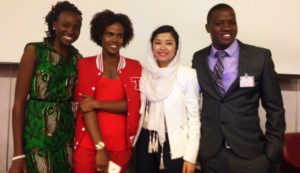
The most vibrant and inspirational session was the refugee youth panel, featuring Australian Najeeba Wazefadost, who fled Afghanistan as a child and now works closely with Amnesty International Australia.
Other speakers included young refugees who spoke about travelling as unaccompanied minors and the violence and exploitation they experienced. Despite the hardships they endured they are now leading successful and happy lives.
5. The resounding message to governments: the time to act on the refugee crisis is now
The sheer scale of the global refugee crisis, with record numbers of people on the move, ensured a very sobering mood at the Geneva meetings. The fact that, according to a UN report, over 42,000 people were forced to flee their homes every day in 2014 alone is very confronting.
Sign the petition below to support refugees.
